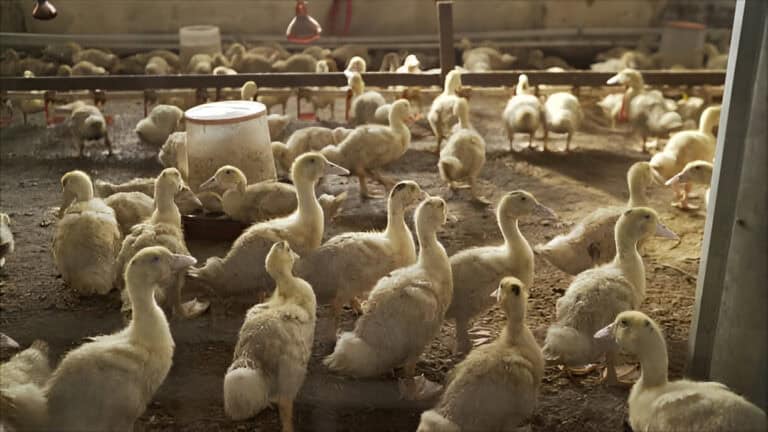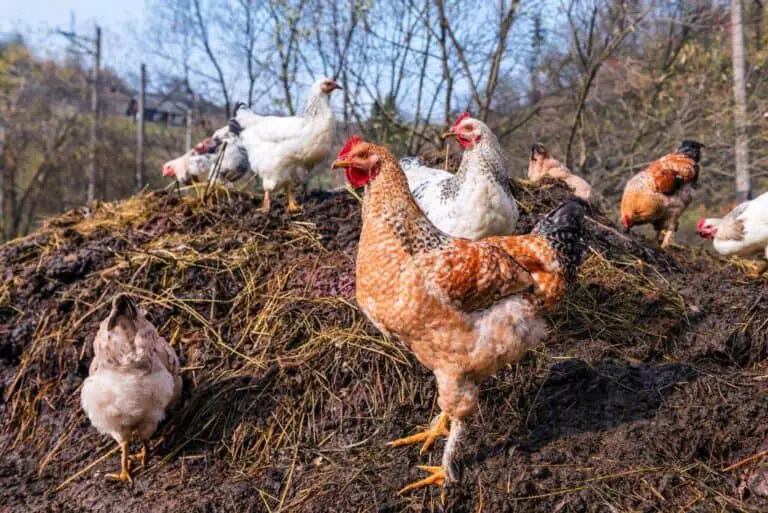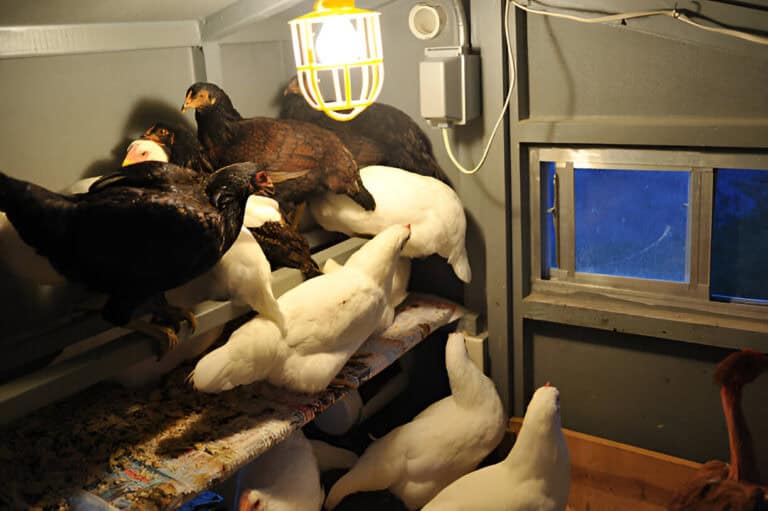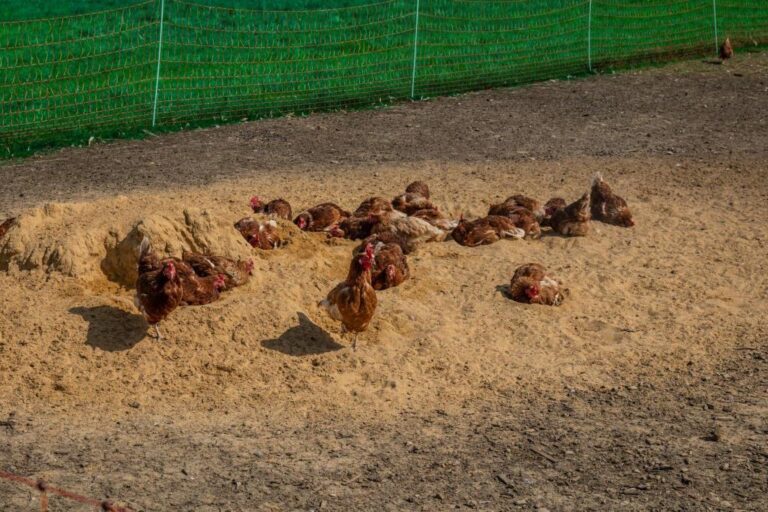Do Ducks Lay Eggs Daily Like Chickens? Let’s Talk Poultry Productivity
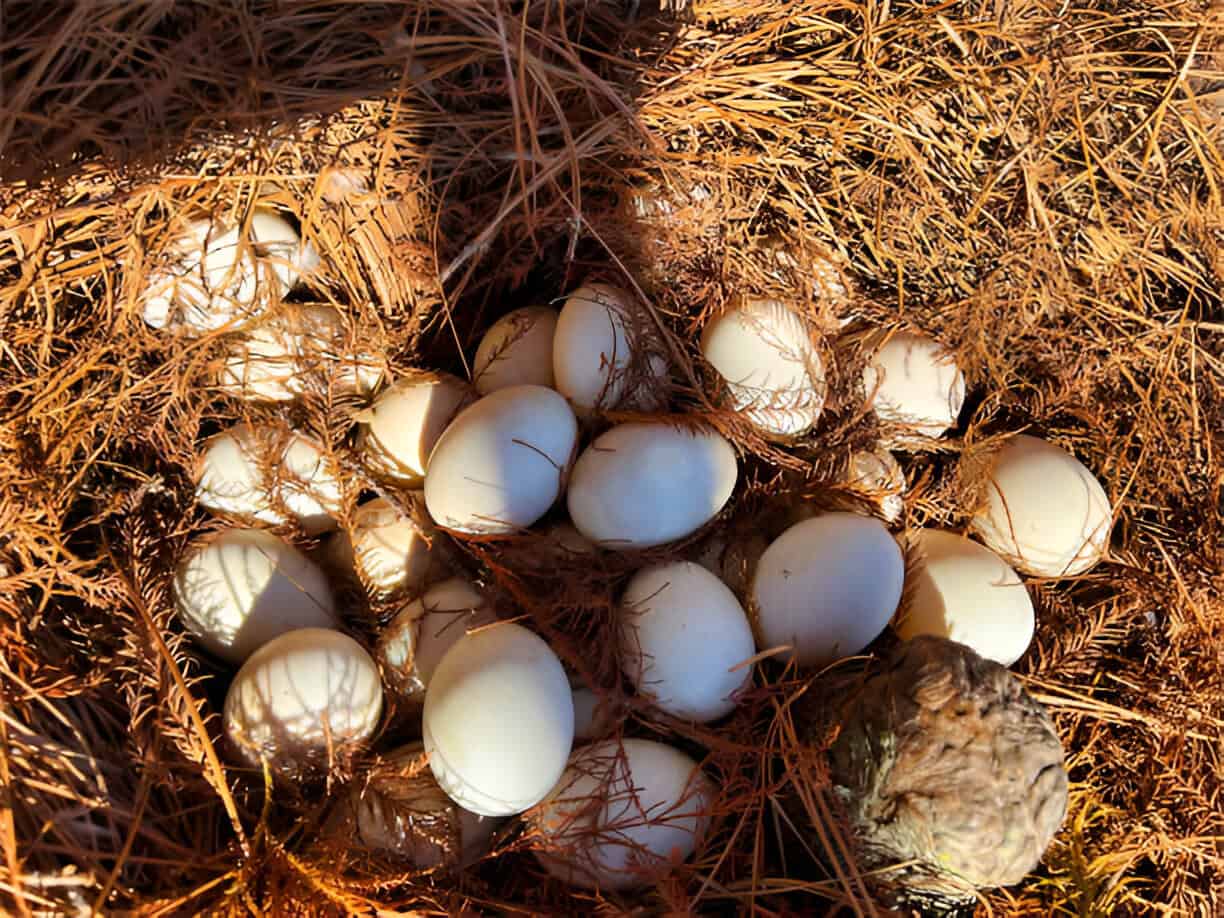
When I first dipped my boots into backyard farming, I assumed ducks were just messier chickens with webbed feet. Boy, was I in for a surprise. Sure, both birds wear feathers and squawk for treats, but when it comes to egg-laying habits, ducks march to the beat of their own puddle-stomping drum. It quickly became clear that raising ducks wasn’t just a chicken substitute — it was a whole different ballgame.
Have you ever found yourself scratching your head, wondering if those charming ducks actually lay eggs every day like chickens do? It’s a common question that trips up new poultry keepers, and understanding the truth can make all the difference in managing your flock’s expectations and productivity.
By diving into the ins and outs of duck egg-laying patterns, you’ll learn what influences their laying schedules, how to encourage healthy production, and what to realistically expect from your feathered friends. This knowledge will help you raise happier ducks and harvest more eggs with less guesswork.
My Experience With Backyard Ducks vs. Chickens
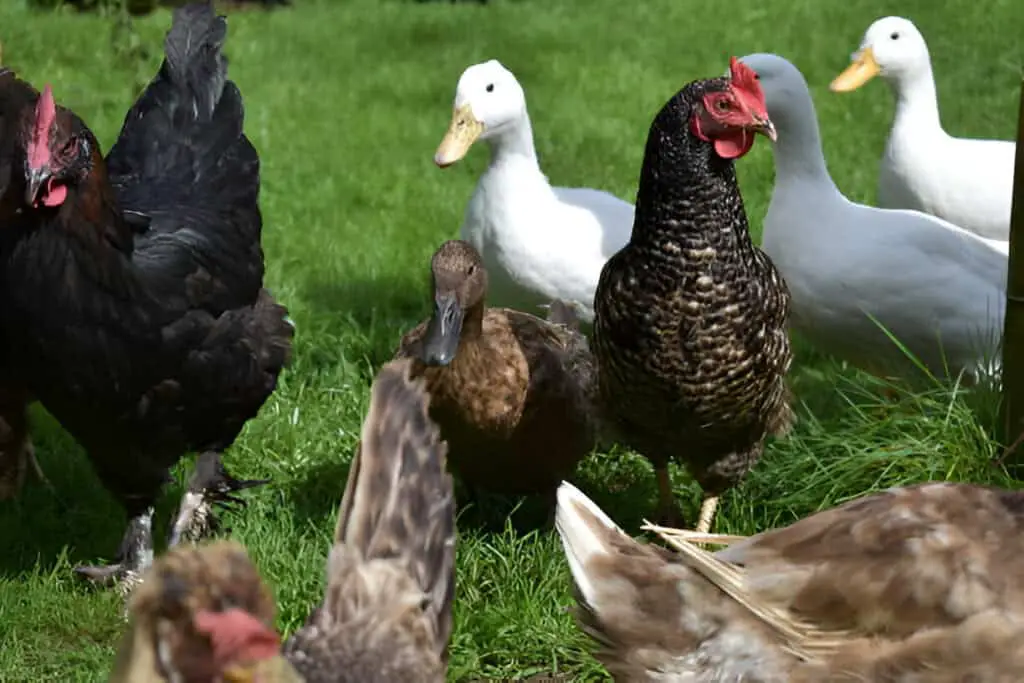
I’ll never forget the day my first duck egg showed up. I almost stepped on it near the kiddie pool I tossed in the backyard. At first glance, I thought it was a large, oddly colored rock. It wasn’t in a nest, it wasn’t warm, and it certainly wasn’t in a cozy nesting box like my hens used.
Here’s what I’ve noticed firsthand:
- Chickens lay with the predictability of a 9-to-5 office worker.
- Ducks? More like freelance artists—sometimes brilliant, sometimes sporadic.
Still, I’ll give ducks credit: some duck breeds rival chickens in sheer productivity, but only under the right conditions.
Check out: When Do Pekin Ducks Start Laying Eggs and How Often?
Let’s Compare: Duck Eggs vs. Chicken Eggs
Here’s a breakdown of how duck eggs measure up to chicken eggs:
| Feature | Duck Eggs | Chicken Eggs |
| Size | Larger | Smaller |
| Shell Thickness | Thicker, tougher | Thinner, more fragile |
| Nutrient Content | Higher in fat, protein, omega-3s | Lower fat, slightly less protein |
| Allergy Friendly? | Sometimes safe for egg allergies | Common allergen |
| Flavor | Rich, creamy, slightly earthy | Mild and familiar |
| Baking Power | Excellent for structure and lift | Good but lighter texture |
So while ducks may not always beat chickens in consistency, their eggs bring some heavyweight benefits to the table.
Do Ducks Really Lay Daily?
Let’s answer the burning question.
Short answer: Some ducks do, but not all.
Just like people, productivity varies by breed, lifestyle, and mood. Some ducks go full steam ahead and lay almost daily during peak seasons. Others… not so much.
Top Egg-Laying Duck Breeds (and Their Productivity)
| Duck Breed | Average Eggs/Year | Compared to Chickens |
| Khaki Campbell | 280–320 | Often more than most hens |
| Indian Runner | 250–300 | Close match to layers |
| Welsh Harlequin | 240–280 | Solid performance |
| Buff Orpington | 150–200 | Less frequent |
| Pekin | 100–150 | Dual-purpose breed |
Khaki Campbells and Indian Runners are the overachievers—those Type A personalities in the poultry world.
But even with top breeds, ducks rarely lay year-round like commercial hens unless they’re under managed lighting and pampered like royalty.
Read: Can Chickens and Ducks Share a Home?
Things That Affect a Duck’s Egg-Laying
If your duck lays one day and goes MIA the next, you’re not alone. Here’s what could be affecting their productivity:
1. Light Exposure
Like hens, ducks respond to daylight. Less than 14 hours of daylight? Expect fewer eggs. I noticed a definite slump in my ducks’ egg output once fall rolled in and days got shorter.
2. Breed Behavior
Khaki Campbells laid like champs, even when the weather turned. My Pekins, though? They seemed more interested in snacks and splashing than laying anything remotely egg-like.
3. Stress Levels
If the neighbor’s dog barked too long or a hawk flew overhead, my ducks went on strike for days. No drama queens like a duck flock.
4. Nutrition
Ducks are egg machines—but only with high-quality fuel. I learned the hard way that a basic chicken feed won’t cut it. Ducks need more niacin and a protein-rich diet.
Quick Tip:
Mix brewer’s yeast into their feed to give ducks the niacin boost they crave.
The Quirky Egg-Laying Habits of Ducks
Chickens usually lay in cozy, straw-filled boxes. Ducks? They’re more like rebellious teenagers.
- They lay in secret corners, under shrubs, or beside the kiddie pool.
- They often lay early in the morning—before sunrise!
- They don’t cluck to announce their eggs like hens do. It’s a silent treasure hunt.
Some mornings, I’d feel like Indiana Jones, trekking through wet grass and shrubbery to find those elusive eggs.
Why Some People Prefer Duck Eggs
I didn’t expect duck eggs to win me over, but they did. Richer flavor, better baking, and longer shelf life made me a convert. Here’s what I love about them:
- Thicker shells mean they stay fresh longer.
- The yolks are richer and bigger—amazing for pasta and pastries.
- People with chicken egg allergies often tolerate duck eggs just fine.
But keep in mind: not everyone loves that earthy flavor. Duck eggs have a stronger personality. They’re like a bold red wine—you either love them or leave them.
Do Ducks Lay Unfertilized Eggs Like Chickens?
Yes, ducks lay unfertilized eggs just like chickens do. A duck doesn’t need a drake (male duck) around to produce eggs—she’ll lay them anyway, just like hens do in a backyard coop. The only difference is whether or not those eggs can hatch into ducklings. If there’s no male, the eggs are unfertilized and meant for the table, not the nest.
Unfertilized duck eggs are perfectly safe and delicious to eat. In fact, many people prefer them for their rich flavor and larger yolks. Just like with chickens, ducks have regular laying cycles depending on breed, age, and season.
Fertilized vs. Unfertilized Eggs
| Type of Egg | Needs a Male? | Can Hatch? | Safe to Eat? |
| Fertilized Egg | Yes | Yes | Yes |
| Unfertilized Egg | No | No | Yes |
So yes—ducks can lay eggs without a drake, and those eggs are ready for cooking, baking, or frying up sunny-side up.
| Related: Why Duck Meat Isn’t As Popular As Chicken—And What You Need to Know |
Should You Keep Ducks for Eggs?
That depends on your priorities. If you want a regular, easy egg supply, chickens still wear the productivity crown. But ducks bring something different—and often delightful—to the backyard coop.
Here’s a little side-by-side breakdown:
| Feature | Ducks | Chickens |
| Egg-laying frequency | High (for top breeds) | Consistent daily layers |
| Messiness | Splashy and muddy | Cleaner and easier to manage |
| Egg size & nutrition | Bigger, richer in nutrients | Standard but reliable |
| Cold weather laying | Often better than chickens | Tend to slow down in winter |
| Feed needs | More niacin and water | Balanced poultry feed is enough |
| Noise level | Quieter overall | Loud egg songs and morning cackles |
Final Thoughts: Who Wins the Egg Race?
In my flock, I’ve grown to appreciate both birds for their quirks and their gifts. Chickens give me daily dependability, like clockwork. Ducks surprise me—with both joy and muddy chaos—but their eggs never disappoint.
So, do ducks lay eggs daily like chickens?
Sometimes, yes—but it’s not a given. Think of chickens as salaried employees and ducks as gig workers. When they’re on, they’re on. But when they’re not… well, grab your egg basket and start looking in the bushes.
My Advice if You’re Just Starting Out
Here’s what I’d say to anyone thinking about duck eggs:
Start with both.
Let chickens give you stability and ducks add a little adventure. You’ll soon find your breakfast table richer, your baking fluffier, and your mornings filled with both clucks and quiet quacks.



